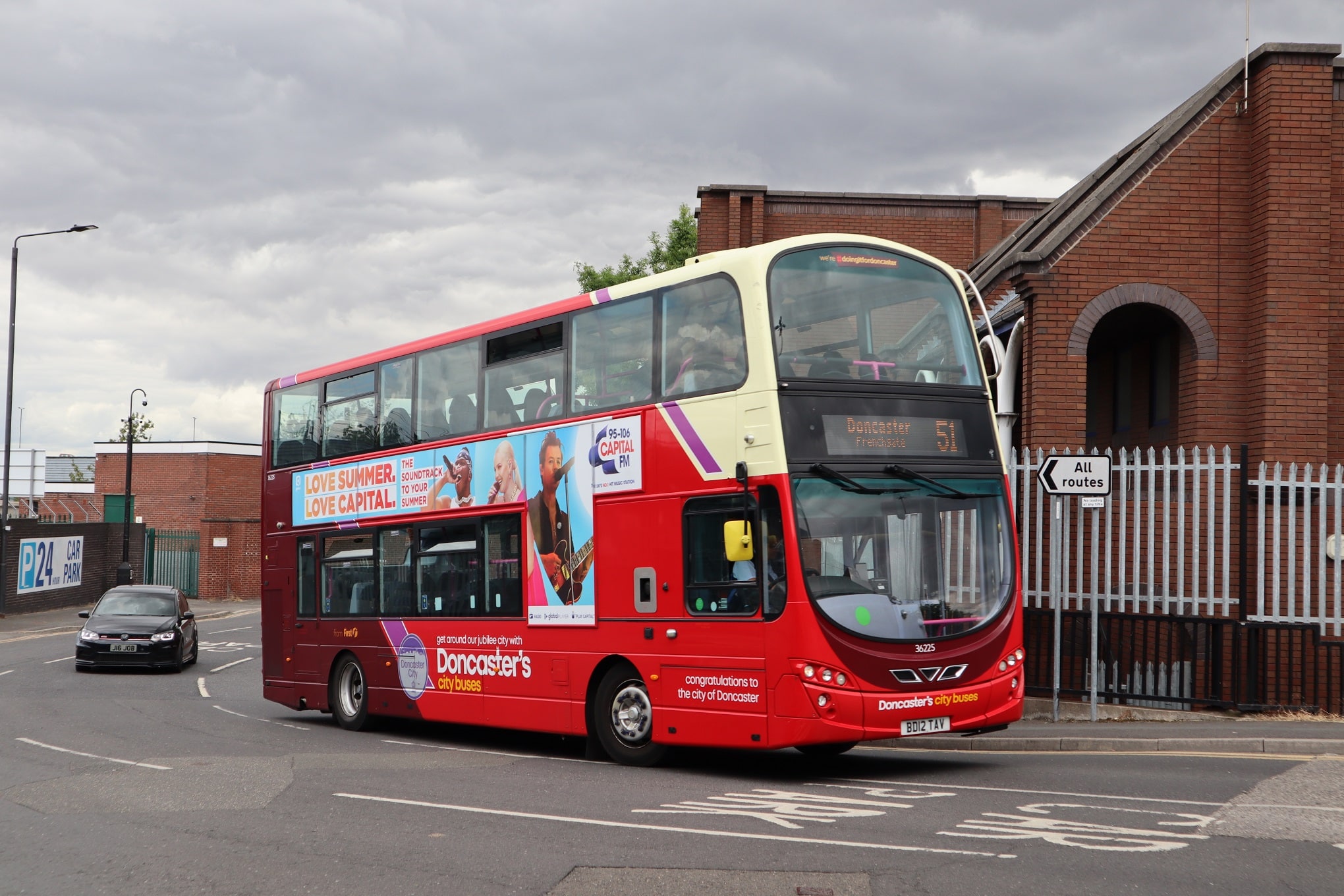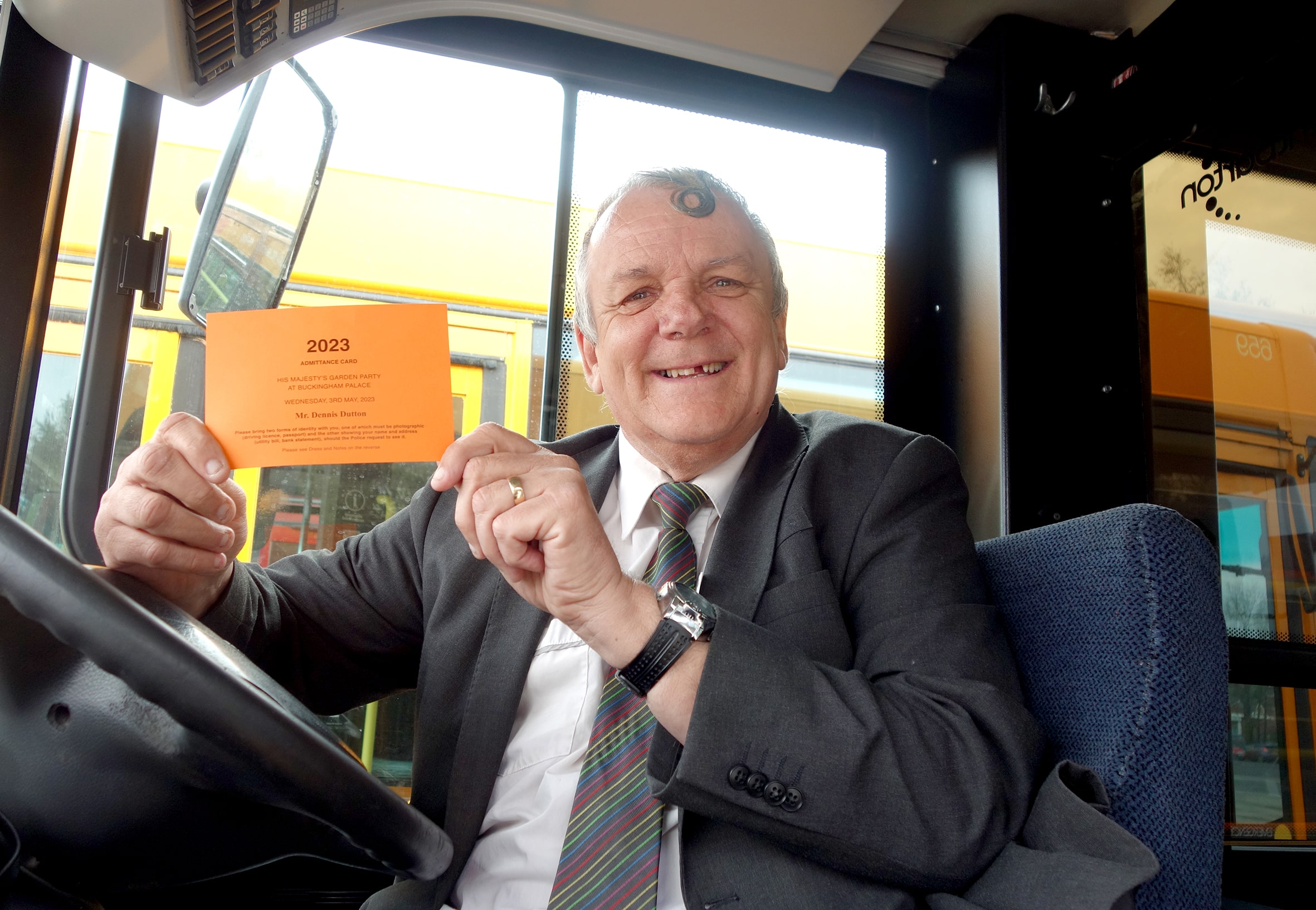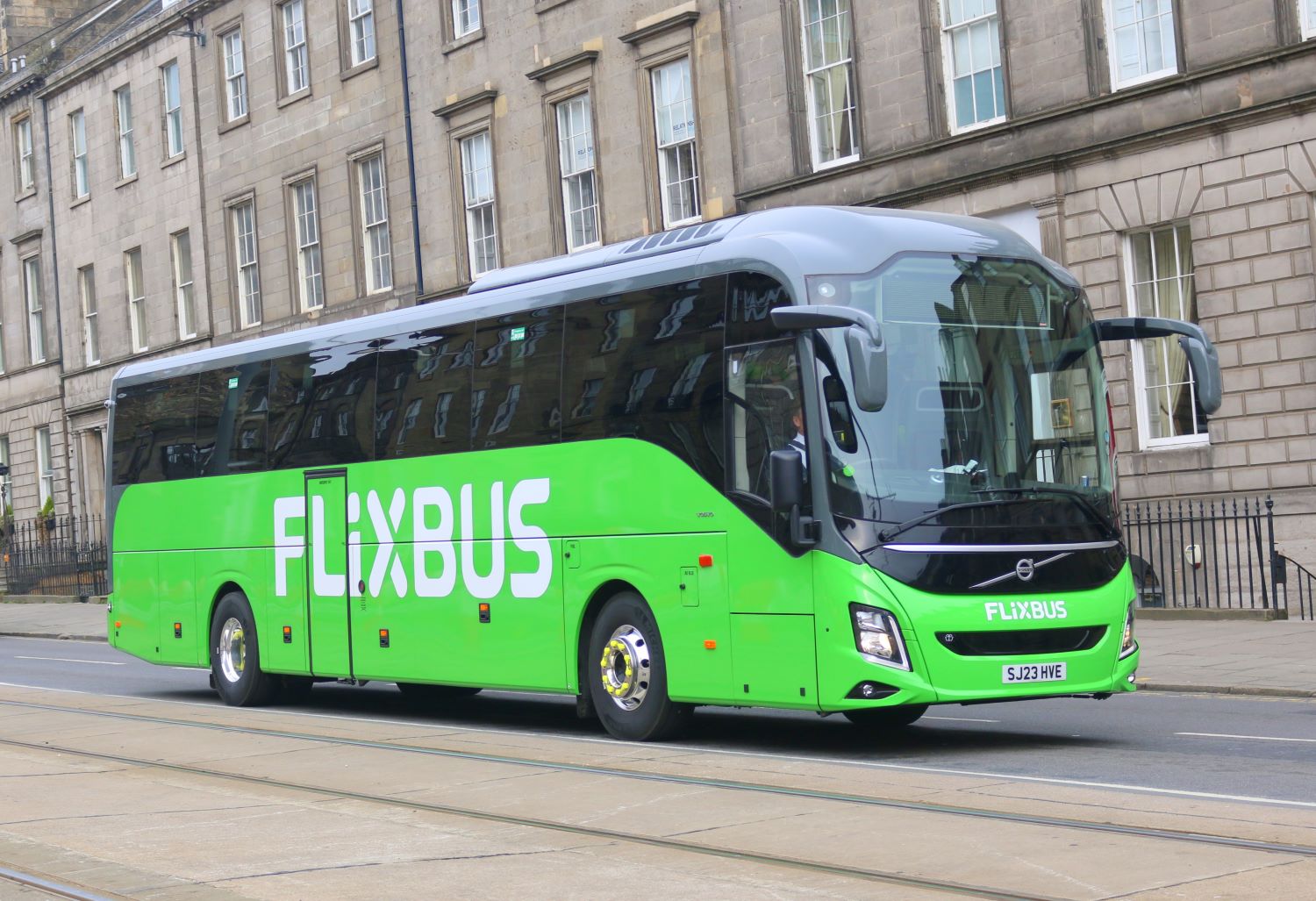Labour has given further information how the party expects to reform bus service delivery in England outside London if it forms the next government. That will centre on work around local control of provision with “a presumption in favour of franchising.”
The policy proposals published on 28 April build on a speech delivered by shadow Transport Minister Simon Lightwood at the Confederation of Passenger Transport UK Bus and Coach Conference on 31 March.
“This bold plan would represent the first steps in the biggest reform to the bus sector in a generation and put communities firmly back in control of the services they depend on,” the party says. It claims that operators have “enormous power” to raise fares and reduce or withdraw services “and in many cases cut communities off altogether,” although no mention is made of the impact of previous political decisions on all three of those aspects.
In its the reform proposals, Labour says that the bus system is “broken.” Its plan states that power and control will be handed to local communities “through the Take Back Control Act in the first King’s Speech of a Labour government.”
The policy is built on three pillars:
- Giving all local transport authorities (LTAs) the power to franchise services “to every community”
- Streamlining the process of removing control from operators “with a presumption in favour of franchising.” That approach would end delays to such reform, while smaller LTAs would be offered advice and support to assist them in franchising services via the Department for Transport’s Bus Directorate
- Removal of the ban on what Labour says is municipal bus ownership, but which instead refers to the formation of new municipal operations.
In formally announcing its proposals, Labour has pointed to words from former Prime Minister Boris Johnson at the launch of the National Bus Strategy (NBS) for England in 2021 as an indication of the government’s failure to do as promised.
In his foreword to that document, Mr Johnson promised services that “run so often you wouldn’t need a timetable.” In reality, NBS delivery is slow and constantly overshadowed by the threat of significant cuts to existing provision when recovery support funding ends. Labour says than “over 1,000 services” have been lost over the last year alone.
Shadow Transport Secretary Louise Haigh chose Stoke-on-Trent as the venue to announce plans for reform. That city saw a decline in bus usage of 40.4% between 2009/2010 and 2018/19 according to government data.
Stoke-on-Trent City Council has previously outlined an interest in pursuing franchising. “Labour will fix our broken bus system – and we will do it by giving power and control of bus services to the communities [that] depend on them,” says Ms Haigh.



























